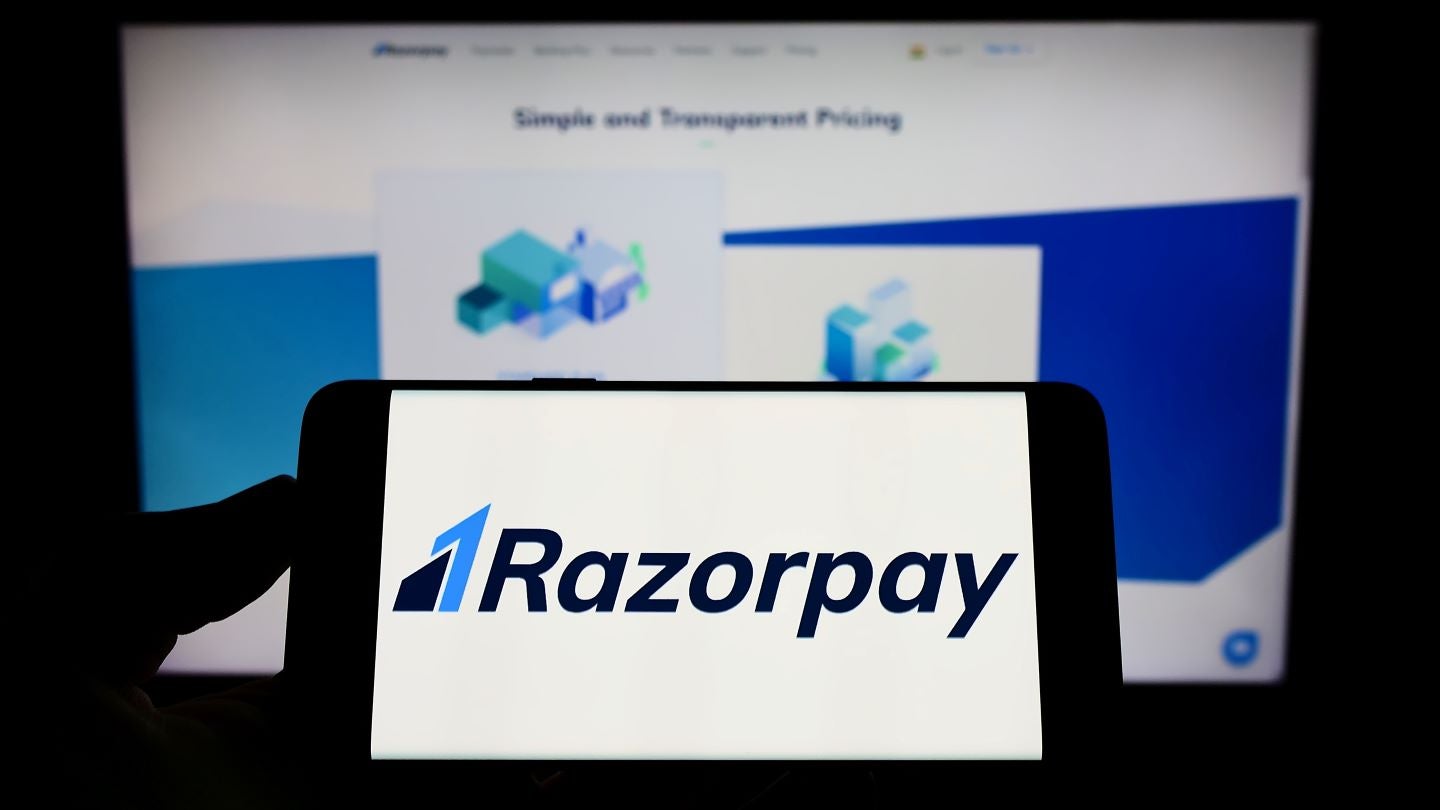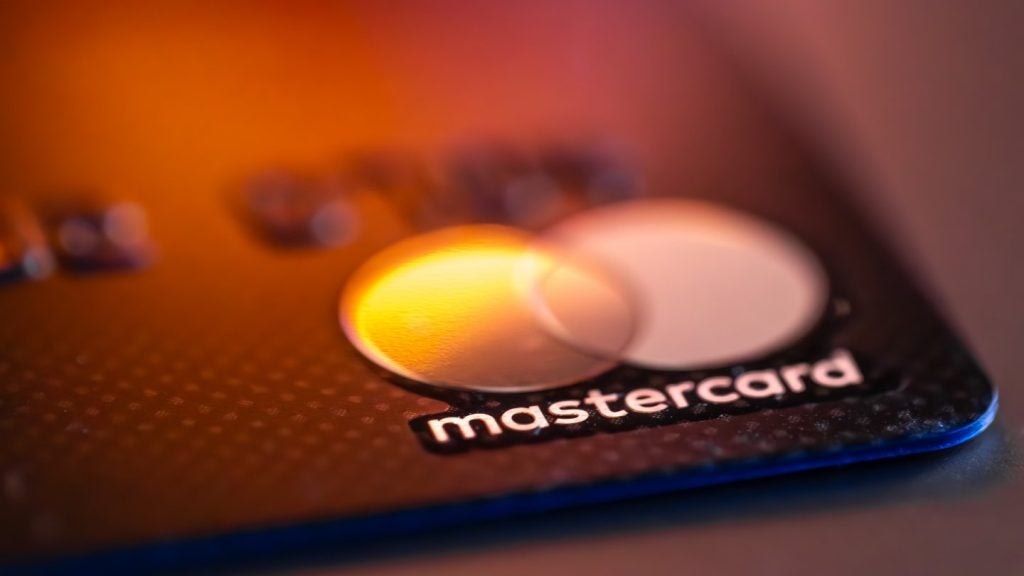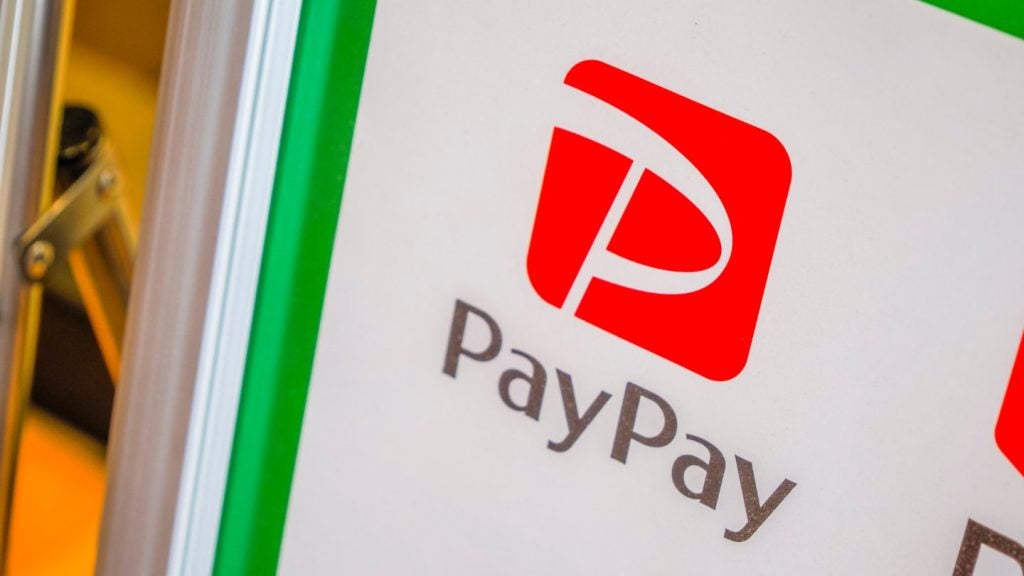
Indian fintech company Razorpay has introduced an AI-powered Self-Healing system across its Point of Sale (PoS) devices to improve in-store payment processing.
The new technology is designed to autonomously detect and resolve common issues that can interfere with payment transactions, such as unstable network connections, excessive memory usage by apps, and declining battery performance.

Access deeper industry intelligence
Experience unmatched clarity with a single platform that combines unique data, AI, and human expertise.
The Self-Healing system operates by continuously monitoring the POS devices for over ten early warning signals that could indicate potential problems.
When an issue is detected, the system automatically implements a fix without requiring merchant intervention, the Indian fintech company said in a statement.
The AI-driven engines within the Self-Healing system include SignalHeal, which maintains stable connectivity; SpeedHeal, which optimises processing speed and app performance; and PowerHeal, which manages power-saving protocols and battery health.
With the implementation of the Self-Healing technology, Razorpay POS devices are expected to experience fewer transaction failures, faster app performance, and higher device uptime.

US Tariffs are shifting - will you react or anticipate?
Don’t let policy changes catch you off guard. Stay proactive with real-time data and expert analysis.
By GlobalDataThe system’s capabilities, such as automatic network optimisation and real-time protocol switching, aim to reduce network-related disruptions by up to 25%.
Smart power management is also anticipated to extend battery life, and quicker processing speeds should result in faster checkouts.
Razorpay POS head Kunal Gothivarekar said: “With Razorpay POS Self-Healing, we’re moving beyond reactive support to a model where the device takes ownership of its performance.
“This launch is a reflection of our belief that the next leap in offline commerce will come from invisible, proactive infrastructure that lets businesses focus on what matters—serving customers and growing their business.”
In March, Razorpay entered into the Singapore market, marking second expansion within Southeast Asia.







